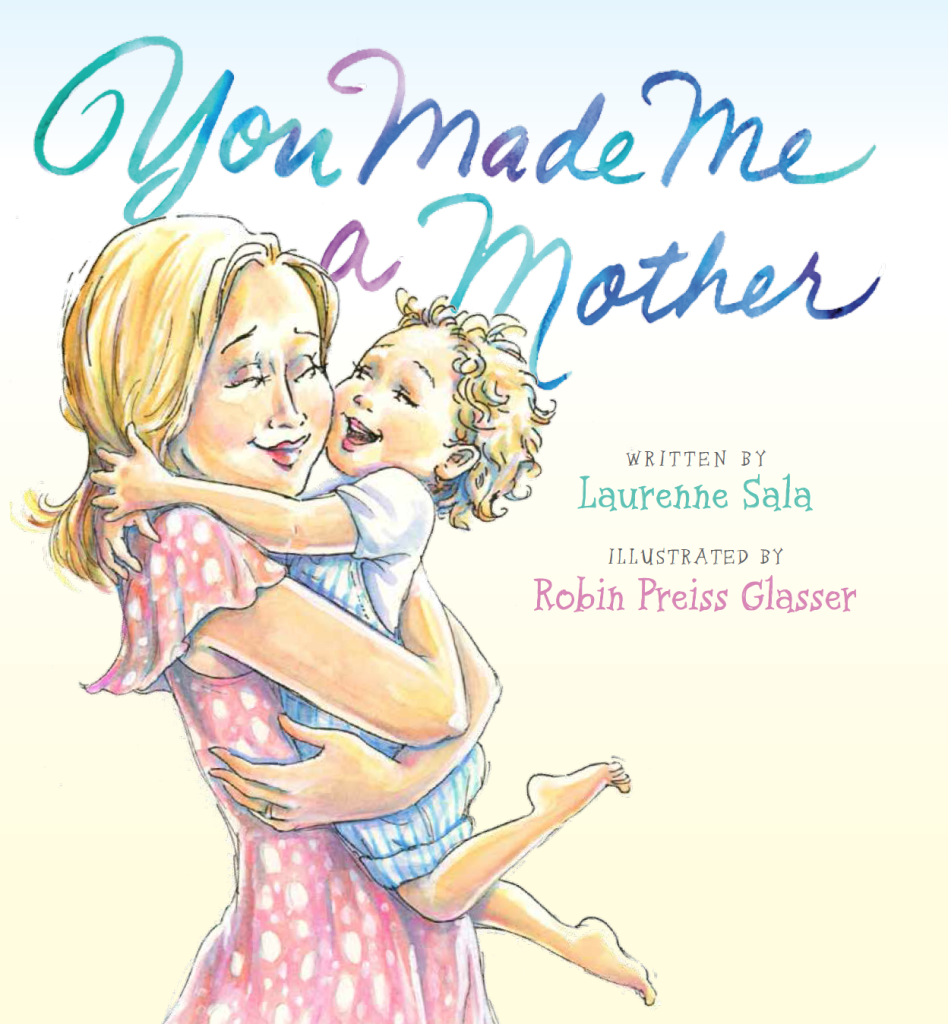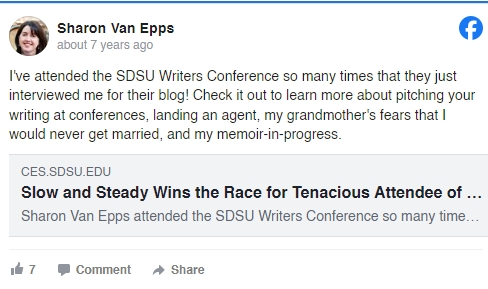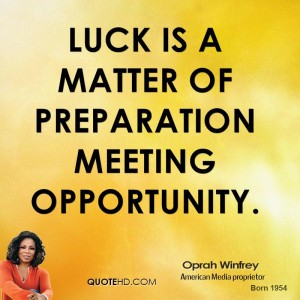Getting Started as a Writer: Retreats, Conferences and Workshops

I’ve been meaning to share some thoughts about writing retreats, conferences and workshops. What can you expect? How do you choose the right one? Here are a few ideas. Last […]
Announcing the winner of the YOU MADE ME A MOTHER GIVEAWAY — Plus an interview with the author, Laurenne Sala

I’m SUPER excited to announce the winner of the YOU MADE ME A MOTHER giveaway: RUTH EBENSTEIN Congratulations, Ruth! Please shoot me an email via the online contact form here […]
Talking Writing with the Folks at the SDSU Writers Conference

Finding a Literary Agent: Acing the Much Anticipated Phone Call

Well, we’re one week out from the shocking US Presidential election that has left so many devastated. I’m personally just starting to claw myself out of a well of despair. […]
Finding a Literary Agent: Plotting Your Submission Strategy

So your project feels ready. You’ve compiled a list of literary agents you want to approach, and you’ve drafted a query letter. Now it’s time for the rubber to hit […]
Finding a Literary Agent: Writing and Personalizing the Query Letter

In my last post about finding a literary agent, I talked about compiling your list of targets. Once you’ve developed a list of 15 – 30 agents you’re interested in […]
